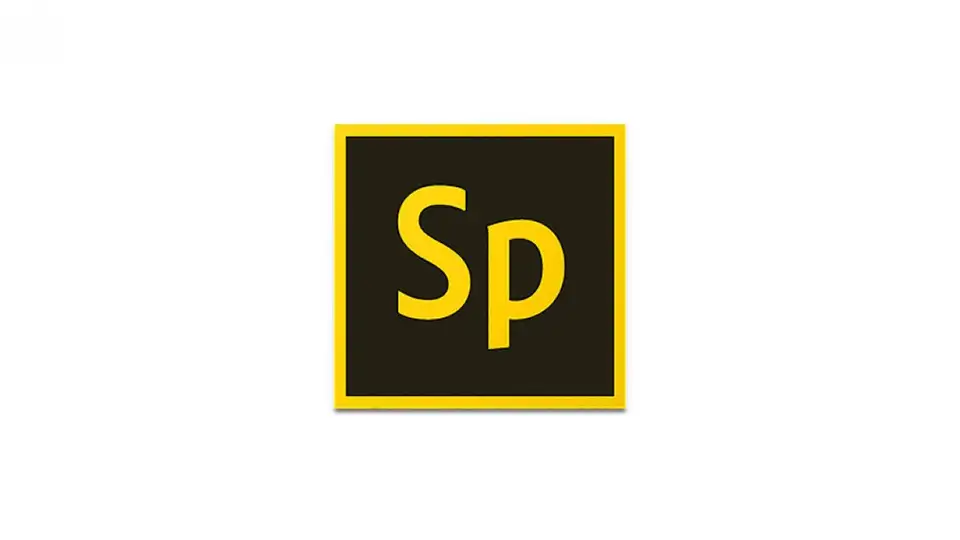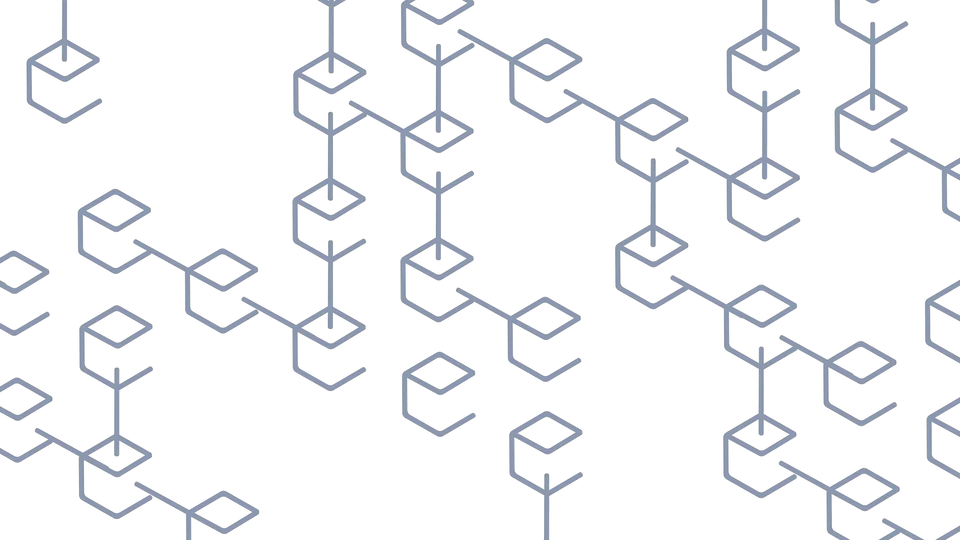You're a diligent reader, always eager for the next great story that will take you on a journey. You've read countless novels, novellas, and short stories, but have you ever heard of flash fiction? It's a genre that's become increasingly popular in recent years, and now it's time for you to understand the difference between flash fiction and short stories.
Here's the irony: although flash fiction is shorter than short stories, it requires a higher level of creativity and skill to craft a compelling narrative within a limited space. It's like trying to squeeze an entire novel into one paragraph.
On the other hand, short stories are longer and offer more room to develop characters and plot, but still require concise and impactful writing style to keep readers engaged.
So, which one is right for you? Keep reading to find out the difference between flash fiction and short stories and choose the format that best suits your needs.
Key Points
- Flash fiction is a form of short story that focuses on brevity and creative experimentation, usually no more than 1,000 words.
- Short stories are longer and more complex than flash fiction, allowing for deeper exploration of character development, plot, and themes.
- Flash fiction is highly ideal for conveying a single thought or idea succinctly and impactfully, while short stories are more suitable for exploring nuances and offering a variety of meanings and themes.
- Both forms of storytelling can be effective in conveying messages, and writers need to understand the differences between them in order to choose the best format for their story and readers.
Understanding Flash Fiction and Its Characteristics
You'll learn what flash fiction is and why it's so unique. Flash fiction is a form of short story that explores brevity and creative experimentation. It's often referred to as micro fiction or sudden fiction, and it's usually no more than 1,000 words (some stories even shorter, consisting of just a few sentences).
What makes flash fiction so intriguing is its intense focus on a single moment or idea. Rather than providing a full plot or character arc, flash fiction sharpens a particular image, emotion, or concept, leaving the reader to fill in the gaps. This brevity forces writers to be extremely careful with their words, resulting in impactful and memorable stories.
Understanding Short Stories and Their Characteristics
Now that you've learned about flash fiction, let's dive into the world of short stories.
Short stories are longer and more complex than flash fiction, allowing for deeper exploration of character development, plot, and themes.
With their brevity and focus on plot, short stories are the best way to experience the power of literature in a short amount of time.
Examples of short stories include 'The Lottery' by Shirley Jackson and 'The Yellow Wallpaper' by Charlotte Perkins Gilman.
Longer and More Complex
If you're looking for a more intricate plot and deeper character development, short stories might be the right choice, as they allow for complexity and depth that flash fiction cannot match, like a rich tapestry woven with various threads of detail.
Short stories have the space to explore nuances and offer a level of complexity that flash fiction cannot achieve. With more words at their disposal, short story writers can delve into the motivations and backgrounds of their characters, as well as explore the themes and emotions driving their plots.
Short stories also have the ability to juxtapose styles, as they can incorporate various literary techniques such as symbolism, foreshadowing, and internal monologue. These elements can add layers of meaning to a story and create a more satisfying reading experience for its audience.
However, with greater complexity comes the need for more focused writing style, as every word must be carefully considered in the development of plot and character. If you're looking for satisfying reads that explore the intricacies of human nature and the world around us, short stories might be what you need.
Character Development, Plot Twists, and Theme Exploration
Get ready to be taken on a journey of complex characters, unpredictable plot twists, and thought-provoking themes in the world of short stories.
Unlike flash fiction, which often focuses on a single moment or idea, short stories have more room to develop characters and explore motifs. The narrative structure of short stories allows for deeper theme exploration, leaving a lasting impression on readers.
As you read short stories, you may find yourself drawn into the lives and struggles of the characters. Writers have the ability to create complex individuals with unique motivations and personalities.
Plot twists may surprise you and keep you on edge until the end. And with theme exploration, you may ponder deeper questions about life and society.
The world of short stories is a journey worth taking for those seeking innovative and impactful storytelling.
Examples of Short Stories
One of the most famous short stories of all time is 'The Lottery' by Shirley Jackson. This story has been translated into various languages and adapted for television and film, underscoring the impact of short stories on popular culture.
'The Lottery' is a haunting tale that explores the dangers of groupthink and blind obedience to tradition. As the villagers gather to select the winner of the annual lottery, the story takes a horrifying turn, leaving readers questioning the morality of their actions in the face of societal pressure and tradition.
Another famous short story is 'The Tell-Tale Heart' by Edgar Allan Poe. This tale is a psychological thriller that delves into the mind of a murderer. The narrator becomes obsessed with the sound of his victim's heartbeat, driving him to confess his crime to the police.
'The Tell-Tale Heart' is a classic example of the power of short stories to create tension and leave a lasting impression on readers. These examples demonstrate the potential of short stories to explore complex themes and create memorable characters with minimal words.
Difference in Length and Complexity
You'll easily notice that flash fiction is much shorter and less complex compared to short stories, allowing for quick and impactful storytelling.
Flash fiction usually ranges from 100 to 1,000 words, while short stories can range from 1,000 to 20,000 words. This means that flash fiction often has a single focus, with minimal character development or plot intricacy.
On the other hand, short stories have more room for complexity and character development. They often have a clearer plot structure, with rising action, climax, and resolution. Short stories can also have multiple characters and subplots.
This additional length allows for deeper exploration of themes and emotions and makes for a more profound reading experience. Whether you prefer the concise and impactful storytelling of flash fiction or the more intricate narrative of short stories, both forms of writing have their unique strengths.
Choosing the Right Format
Be the storyteller and let the story guide you in choosing the perfect format for your narrative.
When choosing between flash fiction and short stories, it's important to consider the pros and cons of each format. Flash fiction is well-suited for writers who want to convey a single thought or idea succinctly and impactfully. It's ideal for readers with short attention spans who prefer stories that can be read in one sitting.
On the other hand, short stories offer more room for character development, world-building, and complex plots. They are perfect for writers who have a lot to say and readers who enjoy getting lost in a story.
When choosing the right format for your narrative, it's important to match the content with the format. If you're writing a story that requires a lot of background, character development, and world-building, then a short story is the ideal format. However, if you're writing a story that can be told in a few sentences or a single scene, then flash fiction might be the right choice.
Ultimately, the choice between flash fiction and short stories depends on the writer's style, reader preferences, and the content of the story.
Appreciating the Unique Qualities of Each Format
Appreciating the different characteristics of each format can help writers choose the right approach for their story, delivering the message in the most impactful way possible. Researching the nuances and comparing storytelling techniques between flash fiction and short stories can help writers decide which format to use.
Here are five unique qualities of each format that should be considered:
- Flash fiction is very short, usually less than 1,000 words, so every word must count. Writers must be concise and precise in their language to create a complete story in a limited space.
- Short stories are longer, usually ranging from 1,000 to 10,000 words, allowing for more character development and plot complexity. Writers have more room to explore the world and themes of their story.
- Flash fiction often relies on a single moment or idea to drive the story, while short stories have more room for diverse meanings and themes.
- Short stories often have a traditional narrative structure, while flash fiction can experiment with unconventional storytelling techniques and structures.
- Flash fiction can deliver a strong impact in a short amount of time, while short stories can leave a lasting impact on readers due to their depth and complexity.
By understanding these unique qualities, writers can decide which format is most suitable for their story and effectively convey their message to readers.
Conclusion
You've learned the difference between flash fiction and short stories, but how do you choose which format to use?
When choosing between flash fiction and short stories, consider the length and complexity of your story, as well as your writing style and reader preferences. Both formats have their strengths and can be used effectively to tell compelling stories.
Whether you opt for the brevity and impact of flash fiction or the depth and complexity of short stories, embrace the unique qualities of each format and let your story shine.
 Indonesia
Indonesia 









